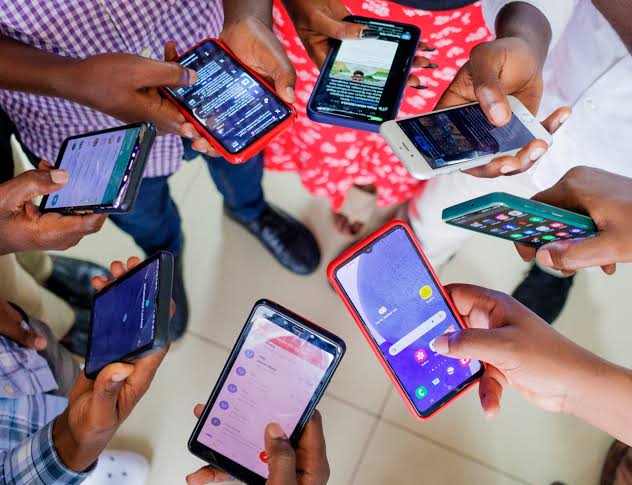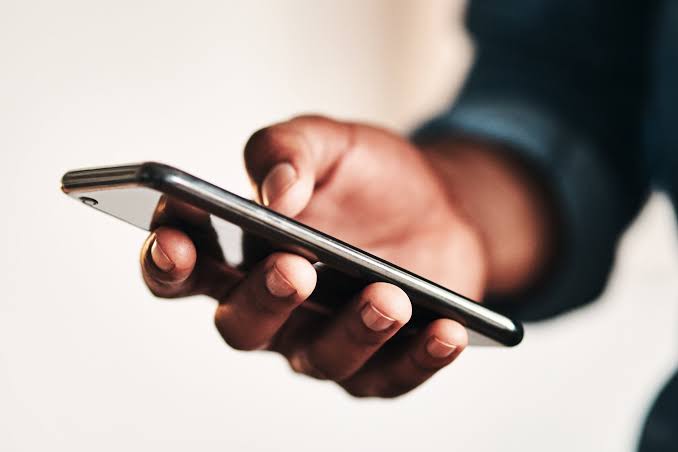How many Ugandans own fake phones?
A recent survey conducted by the Uganda Communications Commission (UCC) has revealed that approximately 34% of Ugandans own fake mobile phones. The study, conducted between February 2022 and February 2025, was part of the SIMU KLEAR campaign aimed at raising awareness about the dangers of using illegitimate communication devices.

What did the Survey discover about fake phones in Uganda?
The survey targeted around 27 million mobile phone users in Uganda, successfully reaching 19 million. Of these, 6.4 million were found to possess fake phones and devices, which have duplicated International Mobile Equipment Identity (IMEI) numbers that are unrecognized by the Global System for Mobile Communications (GSM).
According to UCC, fake mobile devices pose significant security threats as they are untraceable in case of theft or criminal activities. Additionally, such phones often experience issues like overheating, poor network reception, slow processing speeds, and limited durability.
Brands and Market Trends
The study examined various phone brands and discovered the following distribution among respondents:
- iPhones: 6%
- Itel: 32%
- Samsung: 19%
- Tecno: 45%
- Other brands: 3%
Many fake phones are sold in downtown retail shops, with prices ranging between UGX 35,000 and UGX 100,000 for basic phones and UGX 150,000 to UGX 700,000 for smartphones. In contrast, established phone retailers offer non-smartphones for UGX 120,000 to UGX 250,000 and smartphones ranging from UGX 500,000 to UGX 2 million, with premium devices going up to UGX 10 million.


Reasons for the Proliferation of Fake Phones
Dealers in downtown Kampala attribute the high prevalence of counterfeit phones to affordability. According to Mr. Alphonse Okumu, a second-hand phone dealer, many Ugandans prioritize cost over quality, opting for cheaper alternatives that fit their budgets. Additionally, counterfeit devices attract lower import taxes, making them more accessible to retailers.
How to Identify a Counterfeit Phone
To combat the issue, UCC has engaged various stakeholders, including women, youth, small business owners, and traders, to raise awareness about fake mobile devices. The commission advises users to verify their phone’s authenticity by dialing *197#.
A newsroom test revealed that only four out of 14 journalists and managers had legitimate phones. A counterfeit device was flagged with the message: “Your device serial number is NOT legitimate; hence your phone might be a counterfeit. Contact your device vendor or visit XXX service center to buy a genuine device.”
Efforts to Curb the Sale of Counterfeit Devices
To address this issue, stakeholders have proposed several measures, including:
- Stricter regulations by the Uganda National Bureau of Standards (UNBS) on imported communication devices.
- Improved border control to prevent the importation of counterfeit phones.
- Imposing fines on individuals or businesses involved in selling fake mobile devices.
- Increased public sensitization on the dangers of counterfeit devices.
- Encouraging consumers to purchase phones from authorized dealers.
- Expanding official retail networks to provide more access to genuine phones.
Regulatory Mandate of UCC
Under the Uganda Communications Act, 2013, the UCC is mandated to regulate and ensure quality communication services. UCC Executive Director Mr. Nyombi Thembo clarified that while the commission is not yet enforcing a ban on counterfeit phones, it is actively creating awareness to help consumers make informed purchasing decisions.
“When the time comes for implementation and enforcement, we shall communicate,” he stated.
Health and Security Risks of Fake Phones
Medical experts warn that fake phones pose serious health risks due to excessive radiation emissions. Dr. Felix Ahabwe from Mulago Hospital highlighted potential health hazards, ranging from nausea and skin burns to long-term risks such as cancer and genetic mutations.
Additionally, the commission notes that fake phones are a security threat since their unregistered IMEI numbers make them difficult to trace in case of theft or criminal activities.
Conclusion
Despite the widespread use of fake phones in Uganda, awareness campaigns such as SIMU KLEAR are making strides in educating consumers about the risks and encouraging the purchase of genuine devices. With stronger regulations and increased public awareness, the commission and its stakeholders aim to reduce the circulation of fake mobile phones in the country.



